detail profile ana lu c3 adza azevedo
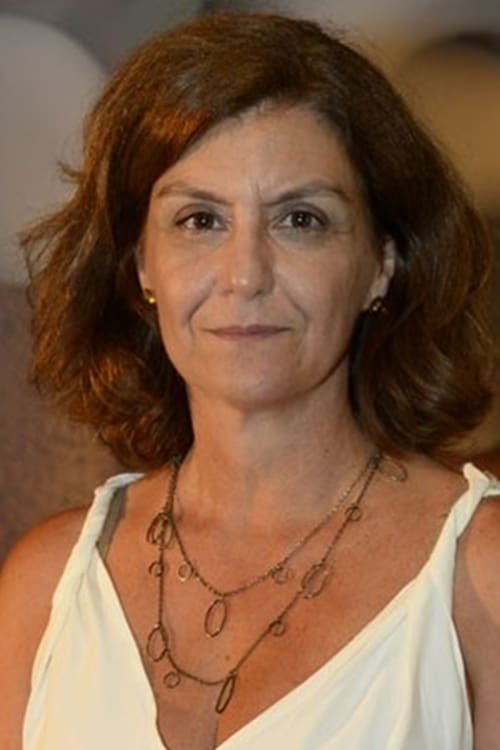
Ana Luíza Azevedo
Ana Luiza Nunes Azevedo
atau dikenal sebagai
Riwayat Hidup
Ana Luiza Nunes Azevedo (born 24 November 1959) is a Brazilian filmmaker.
Azevedo graduated from the Federal University of Rio Grande do Sul with a degree in fine arts in 1986; she is a member of Casa de Cinema de Porto Alegre.
She was assistant director of several feature films, by directors such as Jorge Furtado, Carlos Gerbase, and Carlos Reichenbach.
As a screenwriter and director, she has made short films and television specials, having won awards at various national and international festivals.
Her film "Três Minutos" was the only Brazilian representative in the competition of short films at the 2000 Cannes Film Festival.
At the end of 2007, she directed her first feature film, Antes Que o Mundo Acabe, based on the book by Marcelo Carneiro da Cunha, which was presented and awarded at some festivals, even before its commercial release, in May 2010.
Between 2008 and 2009, Azevedo directed eight episodes of the series Fantasias de um Housewife for RBS TV.
Azevedo worked on the pre-production of Mulher de Fases, a comedy series based on a book by Cláudia Tajes, which aired in 2011 on HBO Brasil.
Description above from the Wikipedia article Ana Luíza Azevedo, licensed under CC-BY-SA, full list of contributors on Wikipedia.
Info Pribadi
Peran Yang Di Mainkan Ana Luíza Azevedo
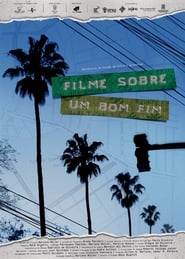 Bom Fim in Porto Alegre was...
Bom Fim in Porto Alegre was...Filme Sobre um Bom Fim 2015
Bom Fim, in Porto Alegre, was a stronghold of the youth movement that took place between the 1970s and 1980s. The trajectory of the place is revisited through interviews with musicians and artists who lived those golden years.
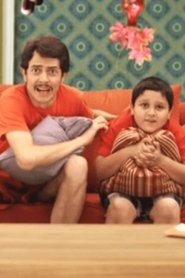 lvaro 12 years old is the only...
lvaro 12 years old is the only...Meu Pai 2014
Álvaro, 12 years old, is the only child of separated parents. He is in a phase of many doubts and concerns. He wants to grow up soon, but did his father take too long to grow up? What did the father do with the girls? It's difficult to ask, Alvaro's father has a strange way of saying things.
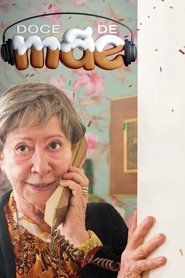 Picucha may seem oldfashioned but she...
Picucha may seem oldfashioned but she...Sweet Mother 2012
Picucha may seem old-fashioned, but she has modern ideas and a great sense of humor. As the matriarch of a big family, she is involved in the daily lives of her children, grandchildren and other relatives. Undeterred by the typical problems of old age, she uses her many years of experience to solve problems in the best way possible.
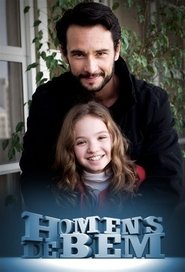 Ciba Rodrigo Santoro is an independent...
Ciba Rodrigo Santoro is an independent...Homens de Bem 2011
Ciba (Rodrigo Santoro) is an independent investigator who works together with the police. A typical fallible hero who struggles with strong personal issues, while preventing crime and injustice. His partner, Deputy Ulisses (Luis Miranda), is a well-meaning professional who recognizes the difficulty in securing his function using only common artifacts, and Ciba's unofficial contact is of utmost importance for the progress of his investigations.
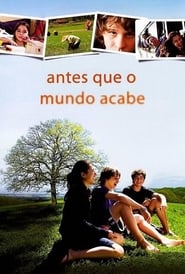 The countryside of Rio Grande do...
The countryside of Rio Grande do...Before the World Ends 2010
The countryside of Rio Grande do Sul, and high-school student, Daniel, spends a normal adolescence life with his family, studying, riding his bicycle, playing games on the Internet and expecting one day to move to the big city of Porto Alegre. Daniel has a crush on his girlfriend Mim, who has just broken up with him but is still his friend, and his best friend, Lucas, is one of the best students in São Lucas High-School. Daniel is the son of Elaine and the photographer Daniel, who left Elaine when she was pregnant and moved alone to Thailand. Daniel is raised by Elaine and his stepfather Antônio, and shares a house with his half-sister, Maria Clara. One day, Daniel receives a letter from his biological father, who has malaria, and he is reluctant to open the envelope.
 der is arrested after confessing the...
der is arrested after confessing the...My Uncle Killed a Guy 2004
Éder is arrested after confessing the murder of a man. Duca, his nephew, is sure that his uncle confessed the crime to protect his girlfriend, Soraya, ex-wife of the deceased, so he enlists two of his friends to help prove his theory.
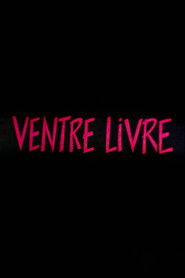 Is the country of the future...
Is the country of the future...Ventre Livre 1994
Is the country of the future where children get pregnant? Is the largest Catholic country in the world where more than thirty thousand women die as a result of abortion? Is the 10th largest economy on the planet where 27% of women are sterilized? VENTRE LIVRE tells the story of Vera, Ivonete, Carmen, Denise, Maria do Carmo, Marlove - people who were born in the country with the most unequal income distribution on the planet. A documentary about reproductive rights in Brazil, while the future is not yet here.
 A tomato is planted harvested and...
A tomato is planted harvested and...Isle of Flowers 1989
A tomato is planted, harvested and sold at a supermarket, but it rots and ends up in the trash. But it doesn’t end there: Isle of Flowers follows it up until its real end, among animals, trash, women and children. And then the difference between tomatoes, pigs and human beings becomes clear.
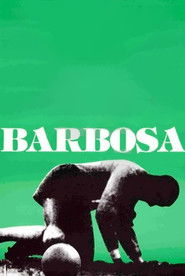 Thirtyeight years after the 1950 World Cup...
Thirtyeight years after the 1950 World Cup...Barbosa 1988
Thirty-eight years after the 1950 World Cup, a man went back in time to prevent the goal that defeated Brazil, destroyed his childhood dreams and ended goalkeeper Barbosa's career.
 A bourgeois housewifes life is shaken...
A bourgeois housewifes life is shaken...Obscenidades 1986
A bourgeois housewife's life is shaken by a series of anonymous letters that she periodically receives, increasingly obscene. At first, she believes the sender to be a complete stranger, then she begins to suspect her husband's friends. But she doesn't dare talk to her husband about the letters or their contents: she remains anxious, thinking about suicide, and always waiting for the postman.
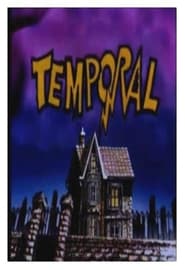 In the same house on the...
In the same house on the...Temporal 1984
In the same house, on the same night, two groups meet. One, made up of very serious gentlemen, members of a religious-monarchist order. The other, a bunch of crazy people in animal costumes, at a party with sex and rock’n’roll. When the storm starts and the lights go out, anything can happen.
 Kelson is a young worker who...
Kelson is a young worker who... Ernesto a seventyeightyearold Uruguayan photographer living...
Ernesto a seventyeightyearold Uruguayan photographer living...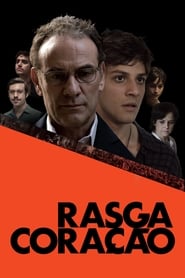 40 years after fighting for what he...
40 years after fighting for what he...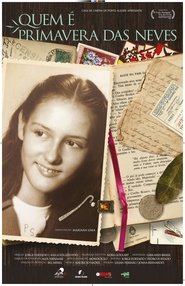
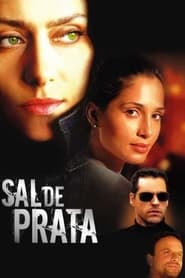 After her boyfriends death a successful...
After her boyfriends death a successful...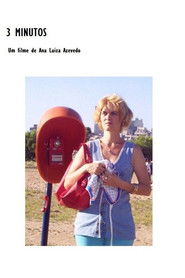 Three minutes The time to leave...
Three minutes The time to leave...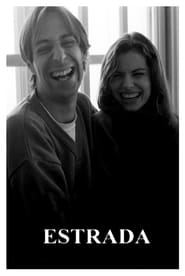
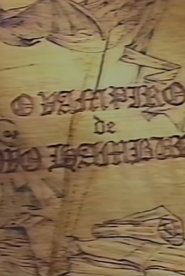 Mockumentary on a German moviemaker and...
Mockumentary on a German moviemaker and... Dorival a man in jail has...
Dorival a man in jail has...